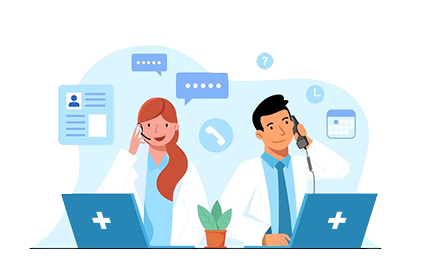Phone Number
+61 (03) 9885 4494Email Address
enquiry@melbournevein.com.au
Venous Compression is a group of conditions in which there is external pressure on a segment of the vein. As result, it can cause blood outflow to be blocked and, in some cases, cause symptoms of vein conditions. Swelling of the legs is common in those suffering from venous compression. Venous compression occurs when veins in confined areas are compressed by other tissues nearby.
Untreated venous insufficiency gives rise to a number of consequences, including recurrent pain and discomfort, bleeding, superficial thrombophlebitis, and progressive skin abnormalities which may possibly lead to Venous Ulcer. When found early enough, treatment can be administered and the possibility of long-term problems reduced.
Nutcracker Syndrome occurs in the abdomen which is the compression of the left kidney vein between the aorta and mesenteric arteries. It can be without symptoms or can cause haematuria (blood in urine), flank pain, pelvic pain, and varicocele (testicular varicose veins or veins around the ovary).
Assessment and management by an expert practitioner are necessary.
Soft tissue around the knee could cause pressure on the popliteal vein (vein behind the knee) and cause varicose veins or venous symptoms. It can be seen in 25% of our population.
It can be without symptoms or can cause pain, swelling, varicose veins, or deep venous thrombosis (blood clot). Undiagnosed popliteal vein compression syndrome can be a cause of failed varicose vein treatment. Seeing an experienced phlebologist or vein practitioner is very important.
Is the compression of the left iliac vein (located in the pelvic and is the common outflow tract of the lower limb extremities) between the right common iliac artery and sacrum. It can cause pain, swelling, discomfort, and deep venous thrombosis (blood clot).
Venous lesion(s) present since birth consists of dilated veins that are abnormally formed. These lesions are typically seen in the skin but they can be present in internal organs, muscles, or bones. It can be from asymptomatic (without symptoms) to severe symptoms such as pain, bleeding, and discomfort.
The lesion grows as the individual grows. Malformations are complex medical issues. Depending on the size and location of these lesions our phlebologist can help manage small pure venous malformation of lower legs.
The details below are of informational use only, please be aware that we do not provide treatment for the Vascular Compression Syndromes, but our doctor need to be informed by you if you suffer from any of the below conditions before she treats your leg varicose veins
Dr. Yazdani has achieved great results in restoring vein health.
Call Us or Book an appointment online to visit the Dr. at your convenience.
